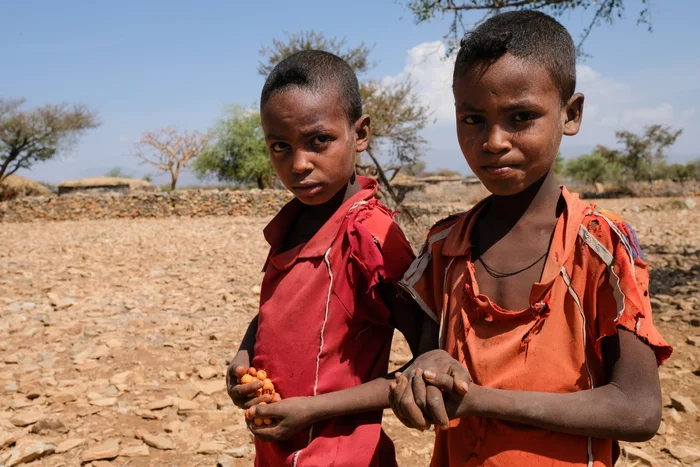
The much-anticipated second United Nations Food Systems Summit, held in Addis Ababa from July 28 to 29, 2025, was meant to mark a pivotal moment in the global fight against hunger, climate change, and food injustice.
Yet, behind the inspiring speeches and solemn declarations, the gathering revealed a familiar pattern: lofty ambitions without decisive action.
With only five years left until the 2030 deadline for the Sustainable Development Goals (SDGs), the world’s food systems remain deeply flawed. Nearly 735 million people suffer from hunger, agriculture accounts for roughly a third of global greenhouse gas emissions, and the small-scale farmers who feed most of the planet continue to be sidelined.
The urgency for change has never been greater. However, rather than prompt swift mobilization, Addis Ababa echoed past summits, recycling promises laced with buzzwords like “innovation,” “artificial intelligence,” and “inclusion.”
Co-hosted by Ethiopia and Italy, the summit attracted a diverse group of participants—heads of state, UN agencies, researchers, NGOs, farmers, and private sector representatives.
Yet, this diversity became a cacophony where the voices of powerful agribusiness multinationals and Northern governments overshadowed those of grassroots farmers. Civil society organizations such as Slow Food and Oxfam condemned the summit’s opaque governance, which disproportionately favoured industrial interests disconnected from the realities faced by smallholders.
Ethiopian Prime Minister Abiy Ahmed captured the sentiment of many when he said, “Food is memory, identity and national sovereignty.” But his sincere words risk becoming hollow unless global power structures shift. Genuine food sovereignty in African countries requires not foreign investments fixated on yields and exports, but robust support for local agriculture, recognition of land rights, and heed to grassroots demands.
The summit could have been a turning point—securing large-scale public funding to support ecological and social transformations, imposing binding rules on global supply chains to ensure fair producer incomes, and establishing accountable governance to hold corporations responsible for social and environmental harms. Instead, it offered more of the same.
The final declaration, set for July 29, will likely reaffirm “collective commitments.” Yet, skepticism lingers. What has become of the promises from the 2021 summit? How many have yielded tangible change? Where is the real resolve to fix a system that produces enough food but fails to feed fairly?
As long as decision-making spaces remain dominated by the powerful with little accountability, global food systems will stay unjust, harmful, and unsustainable.
Addis Ababa had a chance to send a clear message—but unless surprise breakthroughs emerge, it will be remembered as another missed opportunity.



